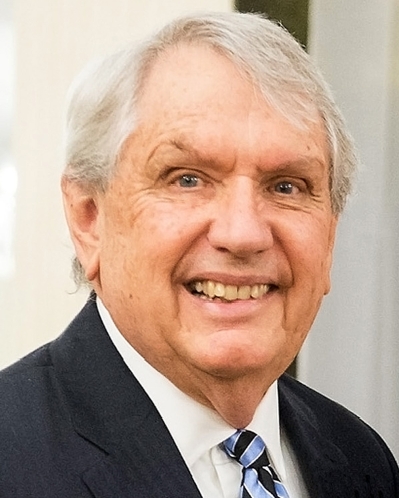Religious Freedom, Indigenous Sovereignty, and Oak Flat

Dana Lloyd is an assistant professor in the Department of Global Interdisciplinary Studies, Villanova University.
The post is the part of the Religious Freedom and Indigenous Rights series
Chí’chil Biłdagoteel, known in English as Oak Flat, is the place where Ga’an (guardians or messengers between Apache peoples and the Creator, Usen) reside. It is a 6.7-square-mile stretch of land within what is currently managed by the U.S. federal government as Tonto National Forest, east of Phoenix, Arizona. Since 2014, a proposed copper mine has threatened to permanently alter the area through an underground mining technique that would cause the earth to sink, up to 1115 feet deep and almost 2 miles across. Apache Stronghold, a grassroots organization, has challenged the proposed mining plan in court, arguing that destroying their sacred sites would infringe on their free exercise of religion, a right promised to them by the First Amendment to the U.S. Constitution, the American Indian Religious Freedom Act (1978), and the Religious Freedom Restoration Act (1993).[1]


